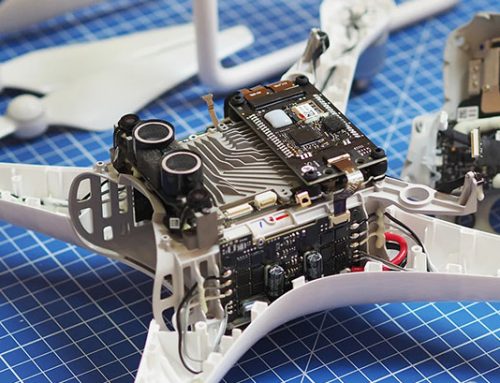Aerial Defence Ltd’s principal consultant, Steven Tisseyre, emerged as a crucial expert witness during the trial, where Roger Hallam, co-founder of Extinction Rebellion and co-defendant Dr Larch Maxey, were found guilty by the jury of plotting to disrupt Heathrow Airport in September 2019 using drones.
Valerie Milner-Brown was found not guilty and another man, Michael Lynch-White, who did not appear at this trial, had pleaded guilty to the same charge, jurors were told.
Offering comprehensive insights into the potential threats posed by drones, Mr Tisseyre’s expert testimony encompassed an in-depth exploration of the technical functionalities of drones, shedding light on their capabilities and potential risks when used in unauthorised and unlawful settings by untrained operators.
In September 2019, a media campaign was launched and “random people” who believed in the cause were invited to “pop up” and make sure the “threat was multi-headed and compelling”, prosecutor James Curtis KC said. People joining the protest would also have posed a risk because “most of them were new to drone flying, with little or no experience of flying machines”, the court heard.
The group intended to use drones to paralyse the airport, generating publicity and pressuring the government to halt plans for a third runway. They aimed to close Heathrow indefinitely, orchestrating a viral protest to achieve widespread attention and trigger arrests. Despite denying the charge of conspiracy to cause a public nuisance, evidence showed their plans to fly drones within the airport’s restricted zone.
By coupling technical knowledge with digital forensic evidence, Mr Tisseyre’s testimony reinforced the prosecution’s case, illustrating the real and tangible dangers associated with the defendants’ alleged plans to fly drones near Heathrow Airport. His expertise provided a crucial foundation for understanding the gravity of the situation, highlighting the potential risks and implications of such actions on aviation safety and security.
The group’s objective were clear: to halt air traffic, posing a potential safety risk and aiming to force operators to acknowledge the threat of catastrophe. It was accepted that their intent wasn’t to harm individuals or cause accidents, but to create a scenario where flights would be grounded due to the risk posed by the drones. The prosecution highlighted the group’s disregard for the impact on passengers, dismissing claims of safety measures and alternate travel arrangements as unrealistic given the potential for chaos and danger.
While the activists’ motives were rooted in environmental concerns, their actions, as the court emphasised, overlooked the potential chaos, inconvenience, and economic repercussions their disruption could have caused globally.
Sentencing will take place in February 2024.
Drones piloted by Heathrow Pause activists




Leave A Comment